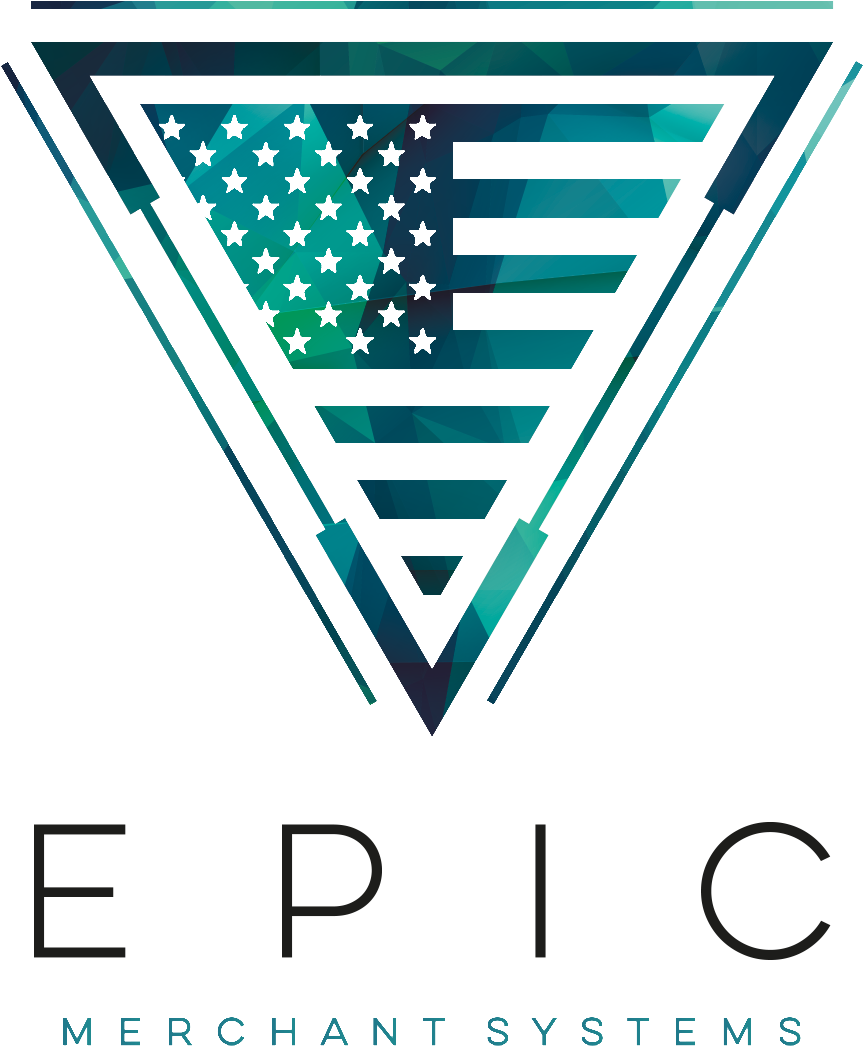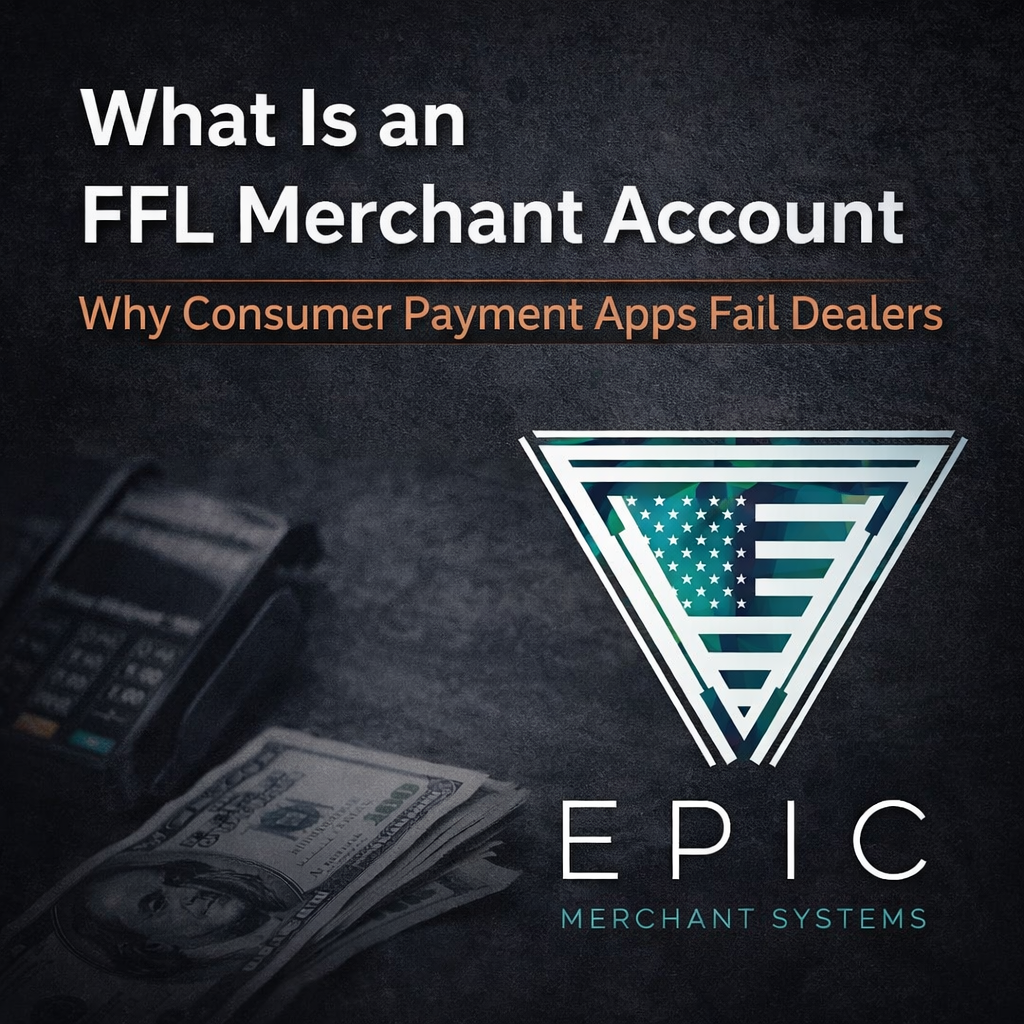What is a Merchant Account?
Knowing what to look for and what to expect will make a big difference when you are considering using merchant services for your business for the first time, or when you are upgrading or switching.

The basics of merchant services
In general, merchant services include the various services and equipment businesses rely on to accept and process credit card, debit card, and electronic payment transactions from their customers. Banking institutions, credit card companies, POS manufacturers, and other businesses normally provide these services.
Examples of merchant services include:
- Point-of-sale (POS) systems – equipment used to take customer payments
- Payment card readers – devices used to accept chip, swipe, or contactless cards
- Software or apps for business management – software that helps manage orders, inventory, employees, customers, and other aspects of the business
- Online payment gateways – software that allows a business to take payments online
- Gift card, loyalty, and other promotional programs – marketing tools that engage customers for new or repeat business
What are merchant services providers?
Providing merchant services is a service provided by third parties that act as intermediaries between businesses and financial institutions that process payments. Although merchant services providers typically provide credit card processing services, many of them are expanding into other areas that are related to or enhance the transaction experience, such as a gift card program and loyalty program, as well as business operations in general, such as managing inventory and reporting on business performance.
Types of merchant services providers include:
- Banks
- Independent Sales Organizations (ISOs)
- Point-of-Sale (POS) system providers
- Payment gateway providers
What is a merchant account (and do you need one)?
Having a merchant account allows your business to securely process card-based sales and electronic payments. It is a holding account for funds that are waiting to be cleared for transfer to your organization's bank account. Although merchant accounts can be obtained in many ways, most businesses apply for one through their payment processor or merchant service provider.
What merchant services can do for your business
There are two primary purposes of merchant services: 1.) to enable your business to accept credit and debit cards; and 2.) to ensure the safety and efficiency of all customer card transactions. When a sale is made, the journey that the funds take before they reach your account begins at the point of sale, when your client pays with a credit card, debit card, or by using contactless payments. It is at this point where the payment processor steps in, managing the movement of transaction data and ensuring that all the right dots are connected so that a transaction can take place smoothly and securely.
The importance of scalability and flexibility
Earlier we mentioned that merchant service providers are expanding beyond their original roles of processing credit and debit card payments-some are also providing full-fledged point-of-sale systems. Besides just processing payments, these systems also track inventory, run reports, manage employees and their schedules, and reconcile tips and commissions.
Merchant services provide additional capabilities that allow merchants to focus less on the processes of payments and more on running and growing their businesses. In an ever-changing marketplace, merchant services providers should know not only what your business needs now, but also what it will need in the future. A merchant services provider should be flexible enough to adapt to your business's growth and changes. For example, a business can begin accepting credit and debit cards with a simple device and then expand to a POS system that accepts mobile wallets (ex. Apple Pay®, Google PayTM, etc.), contactless payments, and eCommerce.
The costs of merchant services
A merchant service, like any other business service, has a cost. Typically, these costs are as follows:
- Monthly or annual service fees
- Per-transaction rates
- Interchange Fees
- Dues and Assessments
It's important to understand the most common costs associated with merchant services because merchant services fee structures are sometimes somewhat opaque.
What are merchant services fees and rates?
To ensure that merchant services are working for your business rather than being a drain on your bank account, you must first become familiar with how credit card processing works and the related rates and fees.
Merchant services providers typically operate on four types of pricing models: flat-rate, tiered, interchange-plus, and ZERO FEE or Cash Discount.
Flat rate: All credit and debit card payments are charged a single fixed fee regardless of the card used. As an example, a base rate of 2.9% can be incorporated, or a base rate plus a small fee per transaction (for example, 2.9% + $0.30).
Tiered: Payment processors charge fees based on the type of card used, the level of risk associated with the transaction, and the overall volume of transactions. Merchants find this model to be quite complicated and a bit confusing.
Interchange Plus: Interchange Plus offers the most transparency and is the most common pricing model. A percentage of the transaction (the interchange rate) is charged to the merchant in addition to a fixed charge per transaction.
ZERO FEE: An alternative to businesses paying for the ever-increasing cost of accepting payments is giving customers a choice to pay with cash and save or incur the acceptance fees themselves.
Please note that not all transactions clear at the same rate, regardless of the pricing model chosen by your business. Qualified transactions are processed at a lower rate than nonqualified transactions.
Additionally, merchant services often charge miscellaneous fees. There are often ways to negotiate these fees; at the very least, they should not exceed standard industry rates.
Fees that should stay within industry levels:
- Monthly service fee
- PCI compliance fee
Fees that experts say should be waived:
- Application fees
- Statement fees
Choosing a merchant services provider
If you are choosing a merchant services provider, consider what your business needs now and in the future. Make sure you ask the right questions, do your research, and compare. They are not all created equal. The majority of merchant services providers prohibit the sale of firearms and firearms related products and services. Not EPIC.
What to consider when choosing a merchant services provider?
Pay attention to more than just low rates when evaluating merchant service providers. To be honest, it’s a huge red flag if they are promising a super crazy low rate and no fees. You get what you pay for, or rather, you don’t get what you aren’t willing to pay for.
You should look for merchant services providers who can help you run your business, grow it, and are upfront about their pricing structures. Below are some questions you should ask when searching for a merchant services provider:
- Do they provide the software, hardware, and services I need to run my business?
- Are the rates and fees transparent and easy to understand?
- Is the customer support responsive and easy to reach?
- Is there protection against credit card fraud?
- What other services will I need if I decide to grow my business?
The importance of customer support
Customer support from a good merchant services provider is responsive and readily available. Be sure the customer support package includes knowledgeable, real people who can answer your questions.
Credit card fraud protection and security
You want your business and customers to be protected when it comes to the security of your payment processing systems. Look for:
- Systems that support PCI compliance to help protect you and your customers.
- To request the security code (CVV, or “Card Verification Value”) on your customers’ credit cards, as well as their zip code.
- Control over how much access your employees have to your POS systems.
In the end you want to find a service provider that fits your needs. If you are selling firearms or firearms related products, you will want to make sure you are working with someone who will have your back. When you call in for a question, do you have an account manager who knows who you are, or do you call into a call center and talk to whoever answers the phone? At EPIC, you get the service you deserve.
Have a question or looking to activate your new EPIC Merchant Account? You can contact us at 888-350-0147 or info@epicmerchantsystems.com








